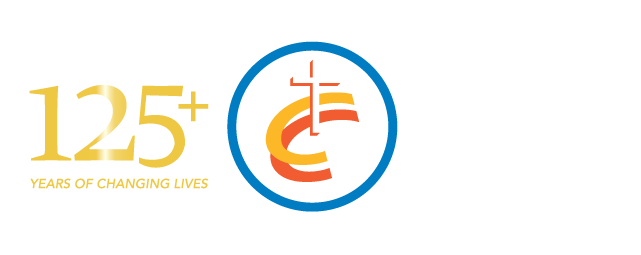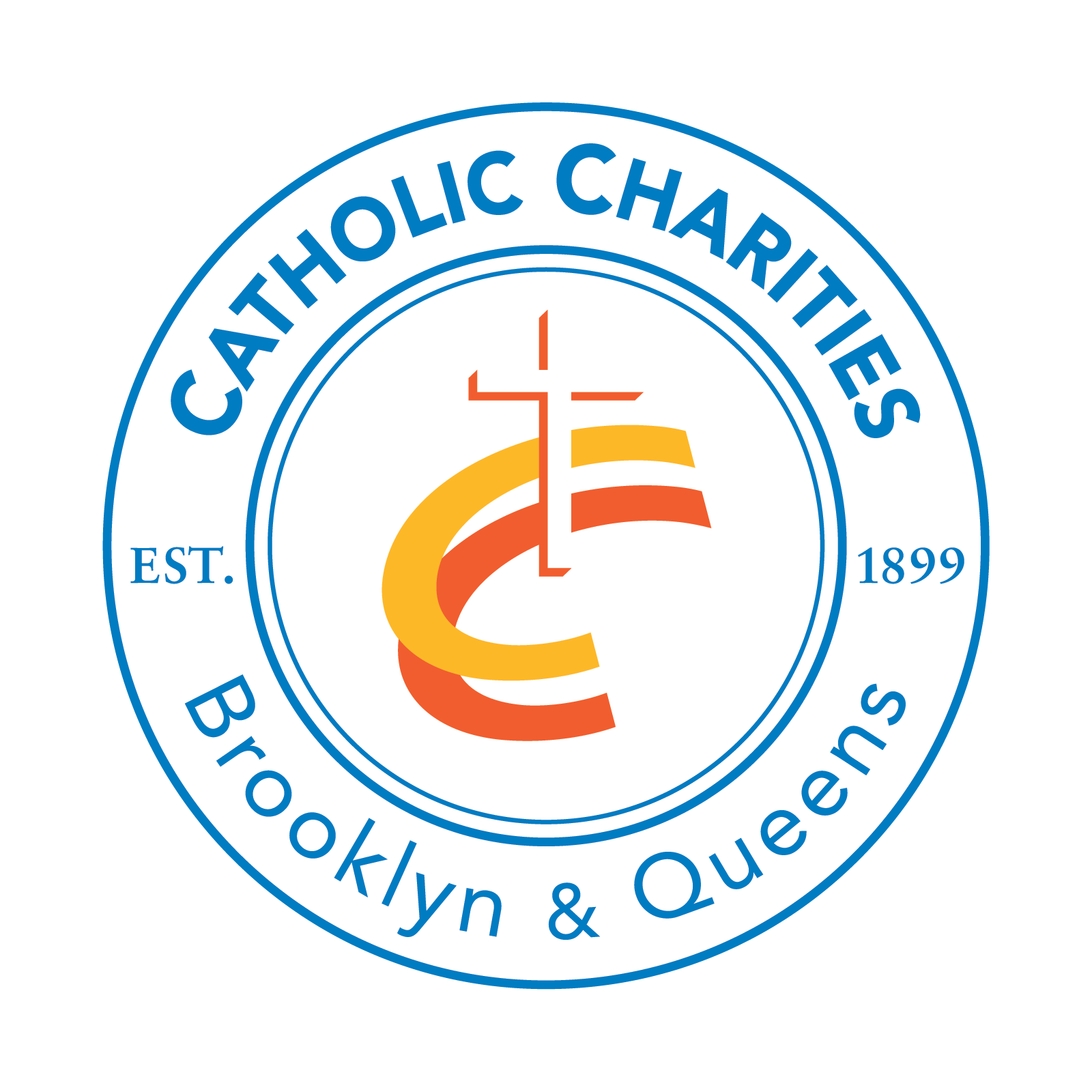The Assertive Community Treatment (ACT) delivers comprehensive and effective services to individuals who are diagnosed with SMI and whose needs have not been well met by more traditional service delivery approaches. ACT individuals often have a treatment history that has been characterized by frequent use of psychiatric hospitalization and emergency rooms, involvement with the criminal justice system, alcohol/substance use, homelessness, and lack of engagement in traditional site-based services.
The ACT team serves persons who require the highest level of services, providing frequent home/community-based contacts. ACT is grounded in a recovery-oriented practice and provides an integrated set of evidence-based treatment, rehabilitation, case management, and support services delivered by a mobile, multi-disciplinary behavioral health treatment team. ACT supports individual recovery through a highly individualized approach that provides individuals with the tools to obtain and maintain housing, employment, relationships, and relief from symptoms and medication side effects.
The nature and intensity of ACT services are developed through the person-centered service planning process and adjusted through the process of daily team meetings. ACT integrates the principles of person-centered, culturally responsive, trauma informed care, addressing the impact of discrimination/stigma, and cross-system collaboration into its service philosophy. ACT provides services with consideration of cultural/linguistic preference through the use of the cultural formulation interview process and cultural assessment. An essential aspect of ACT is recognizing the importance of family, community based, and faith-based support. The ACT team’s primary goal is to provide recovery through community treatment and rehabilitation, while facilitating hope, independence, self-efficacy, and overall wellness.
The services provided by ACT include a full range of clinical treatment and care, psychosocial rehabilitation, care coordination, and community support services designed to promote recovery by improving psychiatric symptoms, preventing relapse, reducing substance use, teaching skills, providing direct assistance, and securing community resources necessary for successful overall functioning in work, school, community, home, and social relationships. The team provides as much service time and as many contacts as needed. The team has the capacity to tailor contacts based on clinical or rehabilitative needs. The team operates 24/7 and is able to respond to crisis situations.



